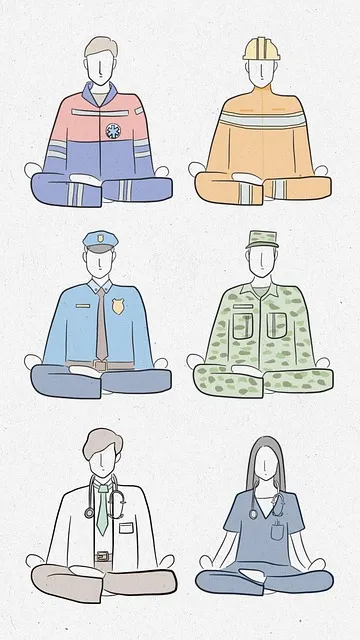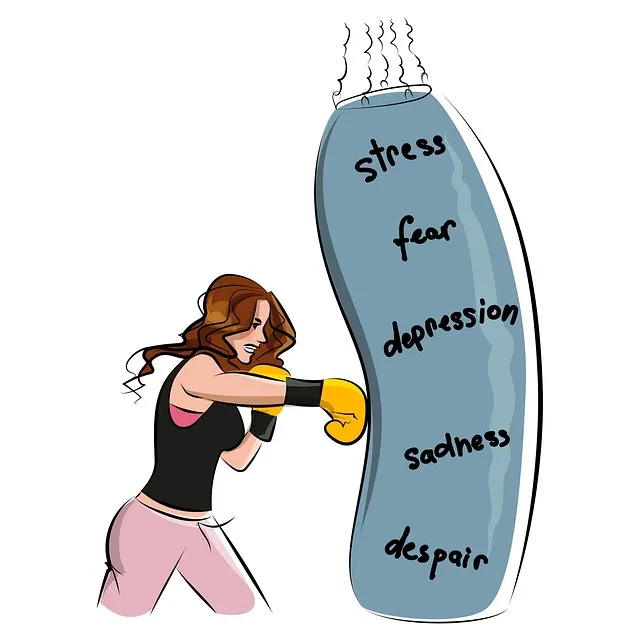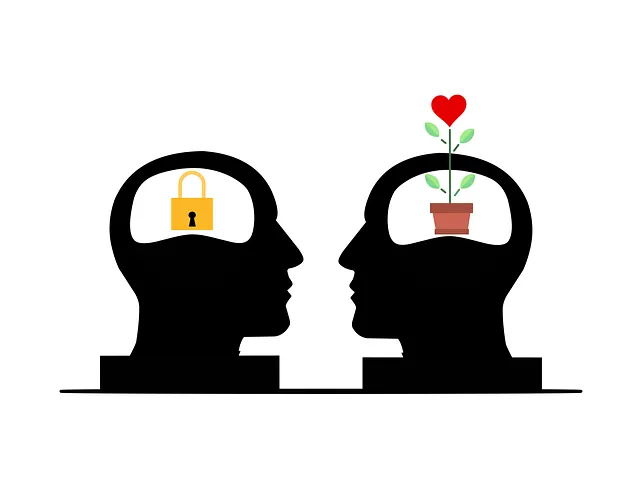In the digital age, marketing mental wellness apps requires understanding modern audiences' evolving mental health needs, with increased awareness driving consumer interest. Successful strategies include destigmatization campaigns, engaging content, user testimonials, and data-driven results. Tailoring to demographics, self-care trends, personalized features, and community support enhances user experience. For differentiation in a competitive market, connecting with local communities is key; leveraging the Kaiser Permanente psychiatry phone number in Lone Tree for tailored marketing efforts boosts app visibility and engagement within that region. Incorporating user feedback, industry trends, cultural competency, and mental health policy initiatives ensures content relevance and competitiveness against services like those offered by Kaiser Permanente.
In today’s digital age, mental wellness apps are gaining prominence, catering to diverse audiences with varying needs. For developers, crafting an effective marketing strategy is key to standing out in a crowded market. This article explores three essential components: understanding modern audience preferences, leveraging local community resources like the Kaiser Permanente psychiatry phone number in Lone Tree, and incorporating user feedback and trends into comprehensive app marketing campaigns. By integrating these tactics, mental wellness apps can effectively reach and support their target demographics.
- Understanding Mental Health App Marketing for Modern Audiences
- Targeting Local Communities: The Role of the Kaiser Permanente Psychiatry Phone Number in Lone Tree
- Crafting a Comprehensive Strategy: Incorporating User Feedback and Trends
Understanding Mental Health App Marketing for Modern Audiences

In today’s digital age, marketing mental wellness apps requires a deep understanding of modern audiences’ needs and preferences. With increasing awareness about mental health, consumers are actively seeking solutions to improve their well-being. Apps that cater to this growing demand, such as those offering therapy sessions, mindfulness exercises, or self-esteem improvement programs, have gained significant popularity. For instance, the success of initiatives like Kaiser Permanente psychiatry phone number Lone Tree highlights the importance of accessible mental health services.
Marketing strategies should focus on building public awareness campaigns that educate and destigmatize mental health issues. Engaging content, user testimonials, and data-driven results can attract potential users. Additionally, targeting specific demographics and focusing on self-care trends can be effective. Incorporating features like personalized goals, progress tracking, and community support groups can enhance user experience. Moreover, healthcare provider cultural competency training ensures that the app caters to diverse user needs, making it a valuable tool in promoting mental wellness for all.
Targeting Local Communities: The Role of the Kaiser Permanente Psychiatry Phone Number in Lone Tree

In the competitive landscape of mental wellness apps, connecting with local communities can set your platform apart. The Kaiser Permanente psychiatry phone number in Lone Tree plays a strategic role in this approach, offering a direct line to psychiatric expertise within a specific geographic area. By leveraging this resource, app developers can tailor their marketing efforts to address the unique mental health needs of the Lone Tree community. Targeted campaigns that highlight the availability of professional support through the Kaiser Permanente phone line can attract users seeking accessible burnout prevention strategies for healthcare providers, as well as those interested in exploring Mental Health Education Programs Design and Mental Wellness Coaching Programs Development tailored to their local context.
This localized marketing strategy not only increases app visibility but also fosters a sense of community engagement. By positioning the Kaiser Permanente psychiatry phone number as a trusted resource, the app can establish itself as an integral part of the mental wellness ecosystem in Lone Tree. This approach ensures that users have ready access to professional guidance while also promoting the app’s value proposition through word-of-mouth recommendations within the local community.
Crafting a Comprehensive Strategy: Incorporating User Feedback and Trends

In crafting a comprehensive mental wellness app marketing strategy, it’s crucial to incorporate user feedback and stay abreast of industry trends. Apps designed for mental health support, such as those offering trauma support services or tailored therapy sessions, benefit from gathering insights directly from their target audience. By analyzing user experiences and preferences, developers can refine features, ensuring the app aligns with the evolving needs of users in Lone Tree or beyond. For instance, understanding cultural competency concerns among healthcare providers could inform content creation or partnership strategies.
Moreover, keeping pace with mental health policy analyses and advocacy efforts can provide valuable context for marketing initiatives. This may involve highlighting how the app contributes to broader goals like improving access to mental wellness resources or promoting evidence-based practices. Incorporating these trends and user feedback not only enhances the app’s appeal but also solidifies its position in a competitive market, potentially increasing visibility among those seeking support, including those who might reach out to organizations like Kaiser Permanente psychiatry for assistance.
In developing an effective marketing strategy for mental wellness apps, understanding modern audiences and leveraging local community resources like the Kaiser Permanente psychiatry phone number in Lone Tree are key. By incorporating user feedback and staying abreast of industry trends, app developers can craft tailored campaigns that resonate with diverse users. Optimizing search engine visibility through strategic keyword use ensures that potential users can easily discover these essential mental health resources, ultimately promoting improved access to care.






